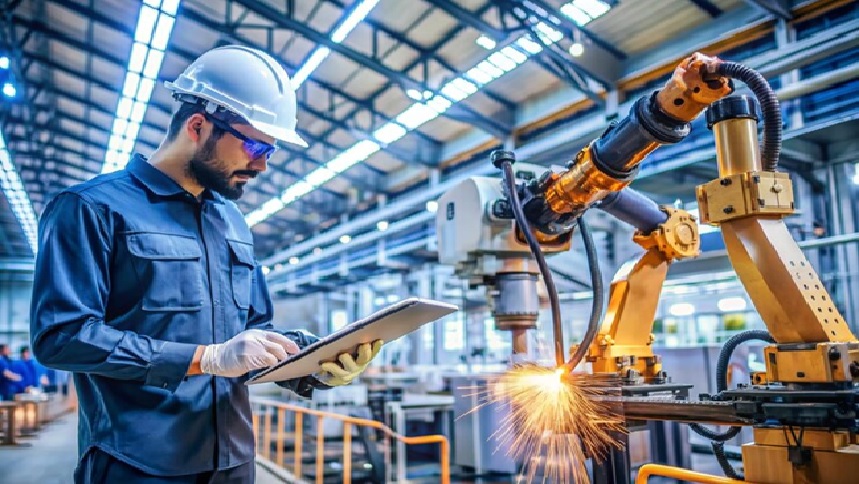
The Future of Industrial Manufacturing: Emerging Trends and Technologies
The manufacturing industries have become more dynamic due to the innovation in technology and shifting market trends. This article seeks to discover more about the topic touching on main innovations and what they imply about the future of manufacturing. Ranging from automation and robotics to sheet metal manufacturing, innovations in industrial manufacturing have made a lot of improvements. To learn more in detail, stick with us till the end of this guide.
1. Automation and Robotics
The use of automation and robotics in the production lines has brought a dramatic change in efficiency and accuracy in the manufacturing processes. Modern technologies of robotics have reached a stage where they can replicate complicated operations with minimal rates of error and enhance production rates.
They can perform monotonous operations, lifting of objects, and assembly work which earlier required human beings for the job. Consequently, manufacturers are enjoying massive economies of scale and overall effectiveness in their production line processes.
2. Additive Manufacturing
3D printing also called Additive manufacturing is revolutionizing the way products are designed and produced. This technology allows for intricate shapes and tailored parts, which offer advantages in terms of timing, expense, and versatility. The conventional production techniques are predominantly based on the material removal technique which can be inconvenient and unproductive.
Additive manufacturing, on the other hand, constructs products in layers and can also be used for the prototyping of goods. Business areas like aerospace, automobile, and medical sectors are using 3D printing technology to create new products and solutions.
3. Smart Factories and IoT
The Internet of Things (IoT) based smart factory solutions are revolutionizing the manufacturing industry. Smart devices in IoT also collect data and information necessary for predictive maintenance, efficient use of resources, and efficient decision-making.
For instance, sensors can track the performance and status of equipment and equipment, and notify operators of possible problems before they cause a lack of output. It also allows for more efficient management of inventory and the supply chain, allowing manufacturers to be more adaptive to customer demands and lower lead times.
4. Advanced Materials and Precision Components
Technological advancements in the material science arena are pointing towards the development of high-performance materials. Lightweight materials such as carbon fiber composites and high-strength alloys are being employed to manufacture products that are lighter, stronger, and less prone to failure.
For instance, shoulder screws are some of the precision components that enable modern manufacturing systems to produce reliable and functional equipment. These parts are crucial for the fabrication of complicated machinery and equipment as they offer the desired rigidity. Moreover, sheet metal work is another field that has seen a lot of improvements whereby new techniques and materials have improved efficiency in production.
Conclusion
To sum up the above discussion it can be concluded that Industrial manufacturing is a thriving industry with technology continuing to shape the manufacturing business. Thus, adopting the above-discussed trends will help manufacturers improve their capacities, remain relevant, and successfully respond to changing customer demands.
These changes include automation, additive manufacturing, smart factory technology, sustainability, and advanced materials, which will create new opportunities and risks globally for manufacturing companies.


















